In the week that Formula 1 geared up amid great hoopla for its first Miami Grand Prix, at a venue based in the car park of a giant sports stadium and featuring a bizarre fake marina, news broke that we had lost Tony Brooks at 90.
The six-time grand prix winner raced in an entirely different world to the one we witnessed in Miami. His favourite circuit, the one at which he shone brightest, was Spa-Francorchamps – the fearsome old version, all 8.76 miles of it, bordered as it was by telegraph poles, stone walls, houses and barbed-wire fences. No wonder he barely recognised what F1 had become since he had stepped away to run a garage 60 years earlier.
“It’s no longer grand prix motor racing, it’s grand prix spectacular,” is how Brooks once put it. “It had to get safer, but it’s a different sport today. In our day, three to four drivers were killed each year throughout the 1950s, a substantial death rate that had to come down. Now it’s a totally different challenge, and that’s why in my view you can’t compare eras.”
That’s not to say Brooks didn’t remain entranced by modern F1. On the contrary, I recall a sunny Brooklands where we sat at a trestle table as he quizzed my friend Nigel Roebuck and I on the current affairs of the day. Perceptive and well informed, as you would expect of such a man, racing still coursed through his veins; it was just that he had drawn a line between his era and this one. Given what he witnessed and lived through, who could argue?
Among the best
“Probably the best driver in the world who people don’t know about” was the Sir Stirling Moss verdict on his old friend and teammate at Aston Martin and Vanwall. “If I were going to have a team, I would put Tony Brooks at number one, with Jim Clark alongside him. Tony was that good. He was careful with the car – and very, very fast.”
Brooks was an elegant gentleman, quiet and modest in character – but that didn’t mean he played down his ability. Like all the great racing drivers, he knew precisely how good he was.

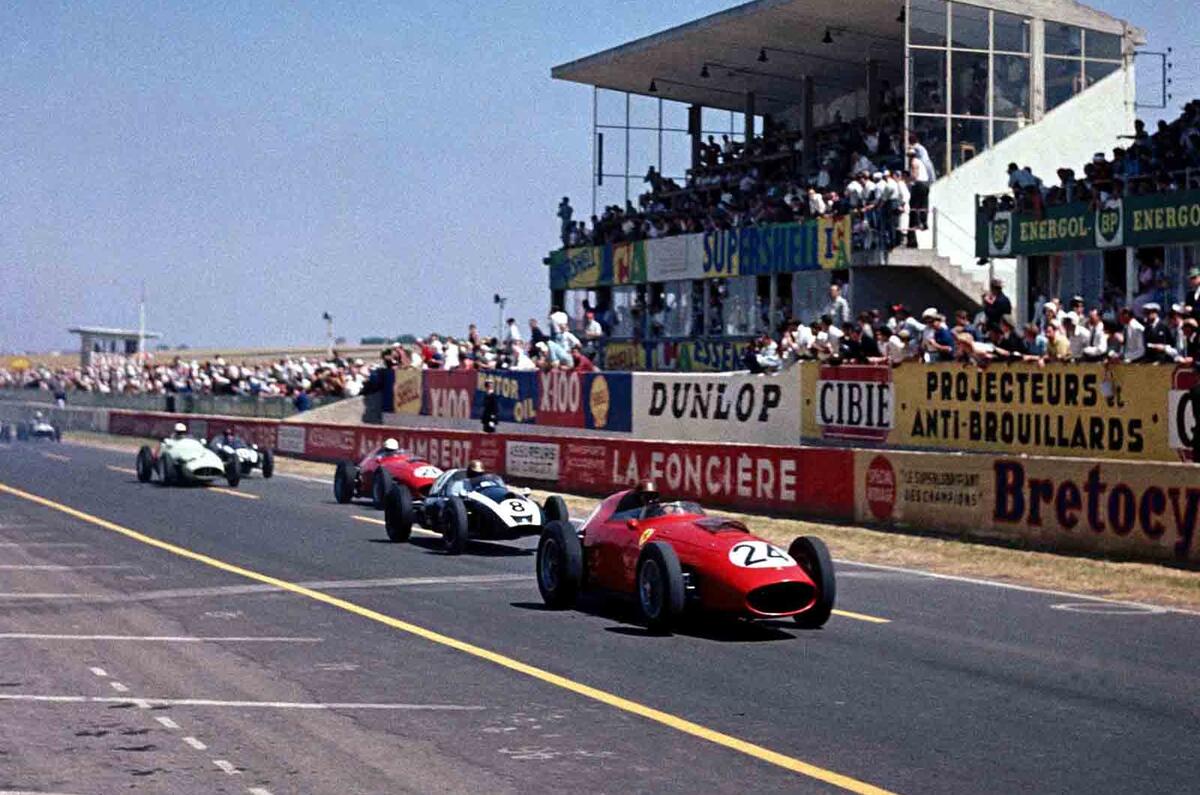
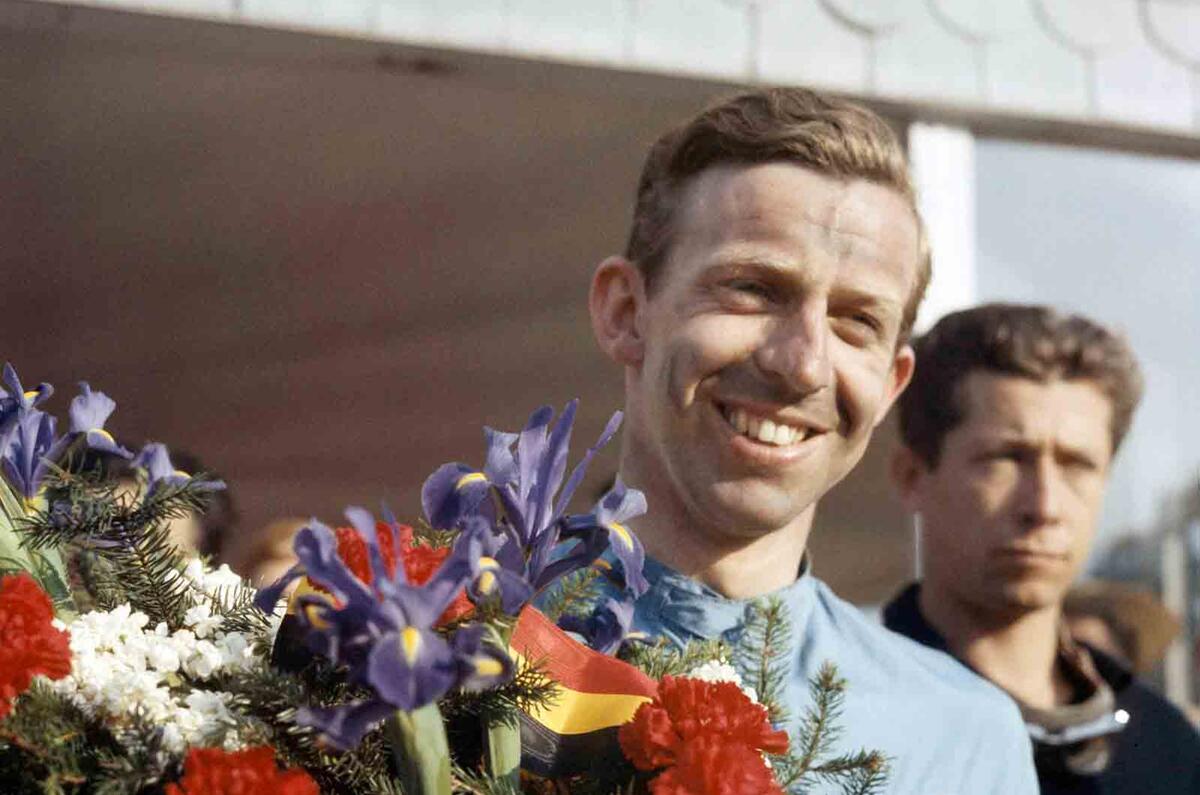
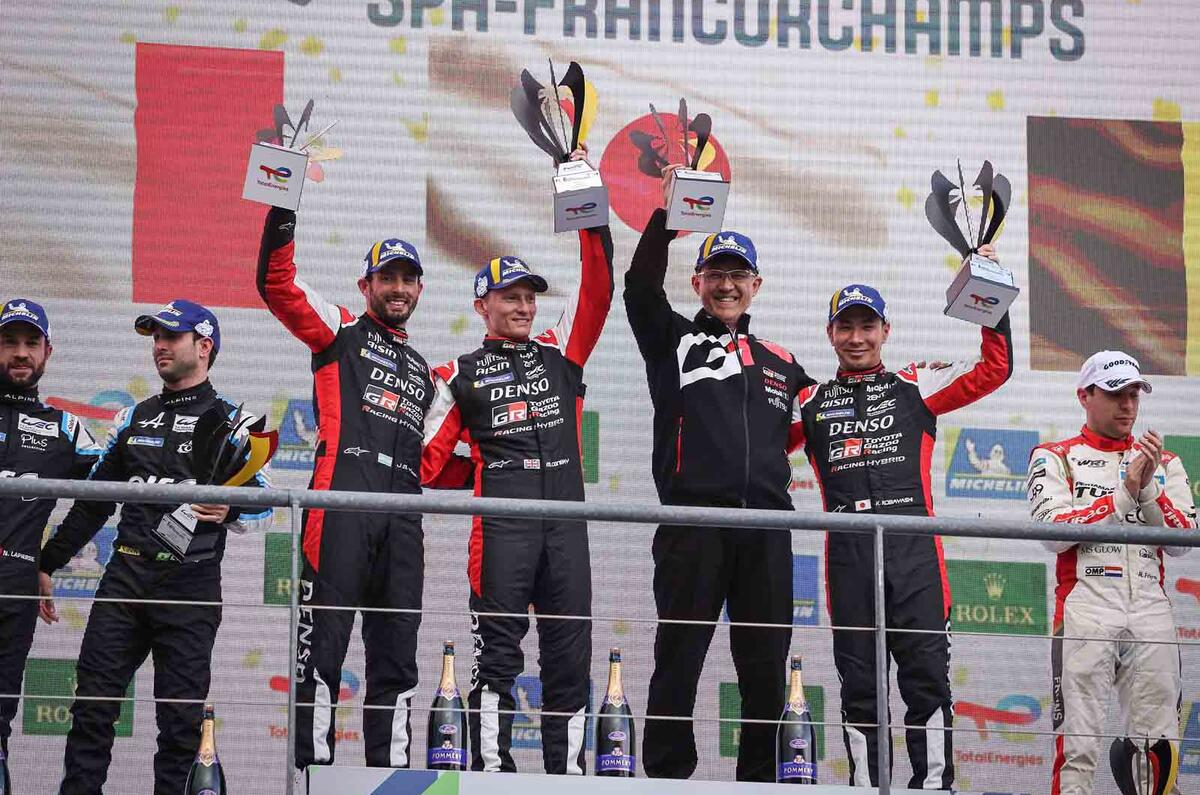
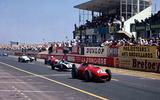



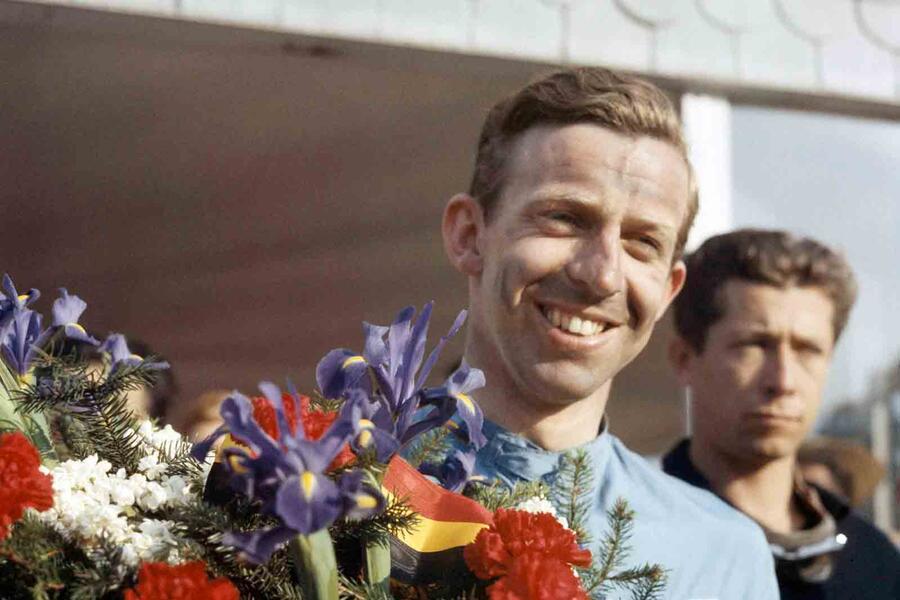
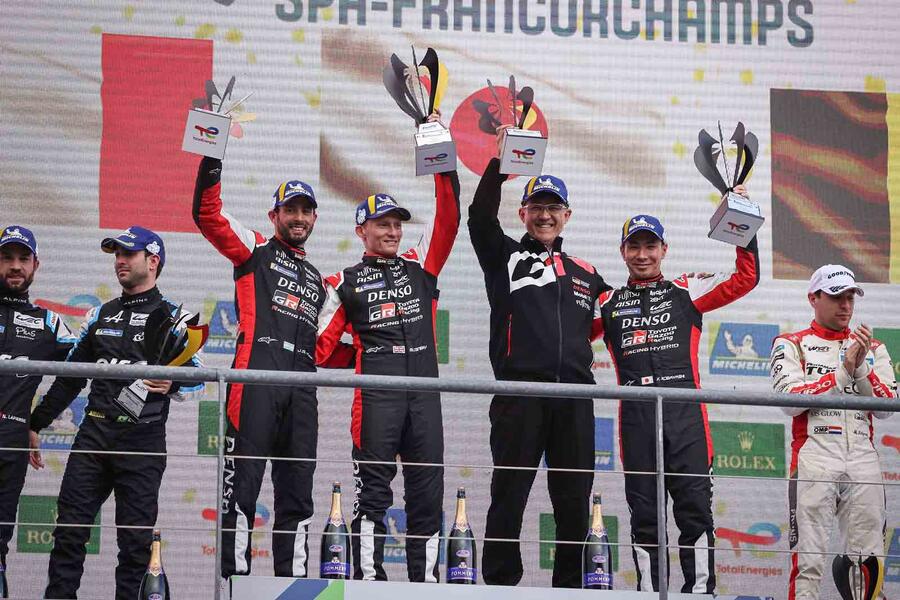


Add your comment